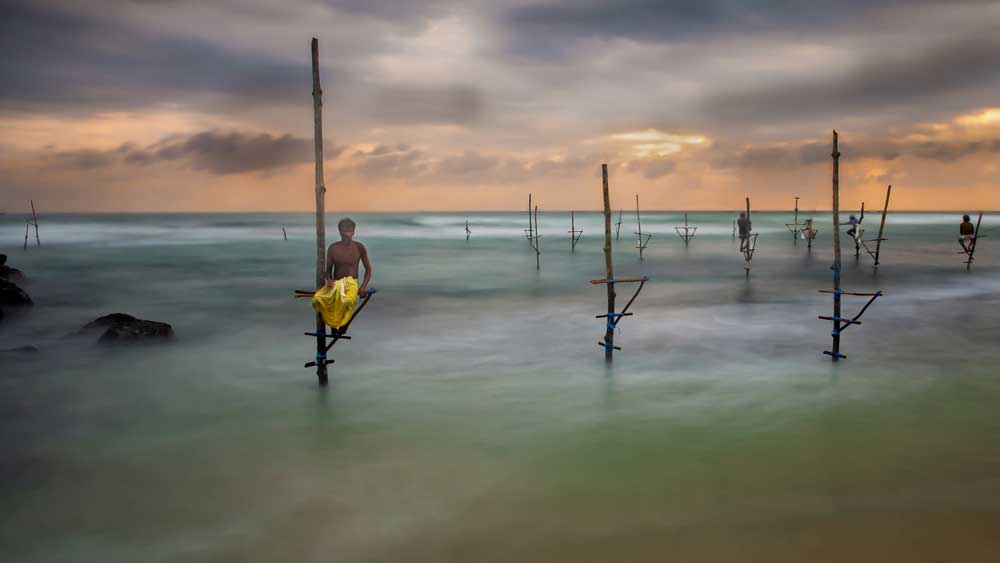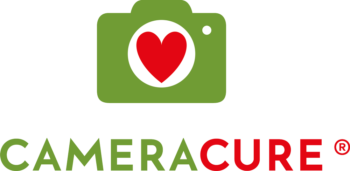Task 23 – Find your strengths
Task 23
Find your strengths

Sri Lanka, 2019. Photo: Arne Skinlo
Problem
Not knowing our strengths
It is not easy to discover our weaknesses. And it can be even more difficult to become aware of our strengths. Often, this is even more important to know. If you have only one great strength that you can manage to make use of, you can live with a good number of weaknesses. A characteristic of many of the most successful people in life is that they have been able to identify one main interest and then have focused all of their efforts on it.
Maybe your strength is right under your nose. Being so close to you can make it difficult to find it. I needed almost 20 years myself to discover that I could use my medical knowledge in relation to photography. Many people never identify or use their strengths, often not even believing they could have one. A sad loss for all of us.
It is said that we should do the things our parents had to drag us away from during our childhood when we were supposed to eat dinner. There is a lot of truth in this statement. Ideally, we should all work with the things we are so passionate about that we would actually do them for free. What about resuming some of activities you were passionate about when you were a child?
– Which activity can you do for hours without losing your concentration or motivation?
– What gets your pulse racing a little extra just by thinking about it?
– Is it something you have been doing for years, and become really good at, so that you
could possibly earn some money doing it?
Focus on your strengths and use them. If you only focus on your weaknesses, your strengths might even wither.
On a scale of 1 to 6, how relevant is this issue for you?:
Solution
Reinforce your strengths
As photographers, our temperament and style leave their imprints on our photographs. However, putting words on our own strengths and weaknesses can be difficult to do. I experi- ence this very often when the workshop participants present their photos in plenary. Some of them may have a distinct visual style in their photos that they have not thought much about, but which others express great enthusiasm for. It is quite easy to become blind towards one’s own visual expression. It is too close to us, too obvious.
At workshops we discover many different strengths among the participants, such as spot- ting and combining colors, observing people from a distance, noticing small details, being able to connect with children, making poetic pictures, creating a feeling of space, discove- ring humorous situations…And often these strengths are connected to how they spend their time when not holding a camera. A nurse or teacher is often good with people. A mechanic sees functionality. An architect sees space and structure. A veterinarian finds dogs. A desig- ner discovers patterns. A nature lover depicts trees and plants. People in creative jobs make expressive images. Lawyers and doctors take photos characterized by precision.
What kind of career do you have, or have you had? Is there anything related to it that you can utilize when you take photos? Anything you have spent time on can potentially be brought into your pictures. My experience is that absolutely everyone has their own way of looking at the world, and this becomes visible in the photos that we take.
We all have an eagerness to be creative within ourselves it deserves to be set free. Then images appear that no one else could have imagined.
PHOTO ASSIGNMENT:
Do you have any strengths whose value you have not been aware of? Can you ask anyone else about this,
someone who maybe can see this more clearly than you can? Does this give you new insight into yourself which you can benefit from when you take pictures?
On a scale of 1 to 6, how useful was this task for you?:
BOOK SUGGESTION: Finding Your Element by Ken Robinson and Lou Aronica
❞
Do what is natural, what is easy, what is apparent to you. Your unique view will be a revelation to someone else.
Patricia Ryan Madson
❞ Success follows doing what you want to do. There is no other way to be successful.
Malcolm Forbes
❞ Very many people go through their whole lives having no real sense of what their talents may be, or if they have any to speak of.
Ken Robinson
[note_editor]

